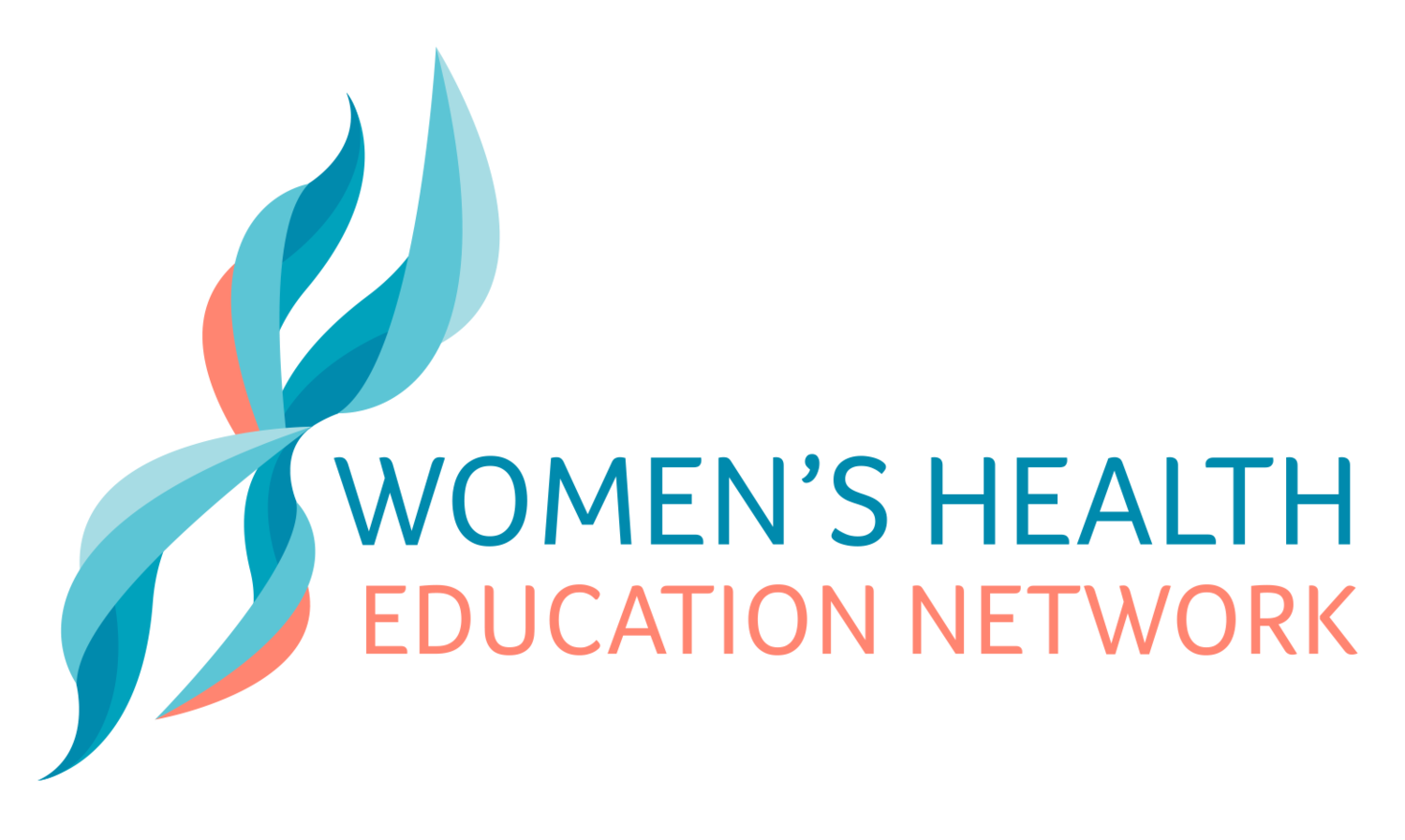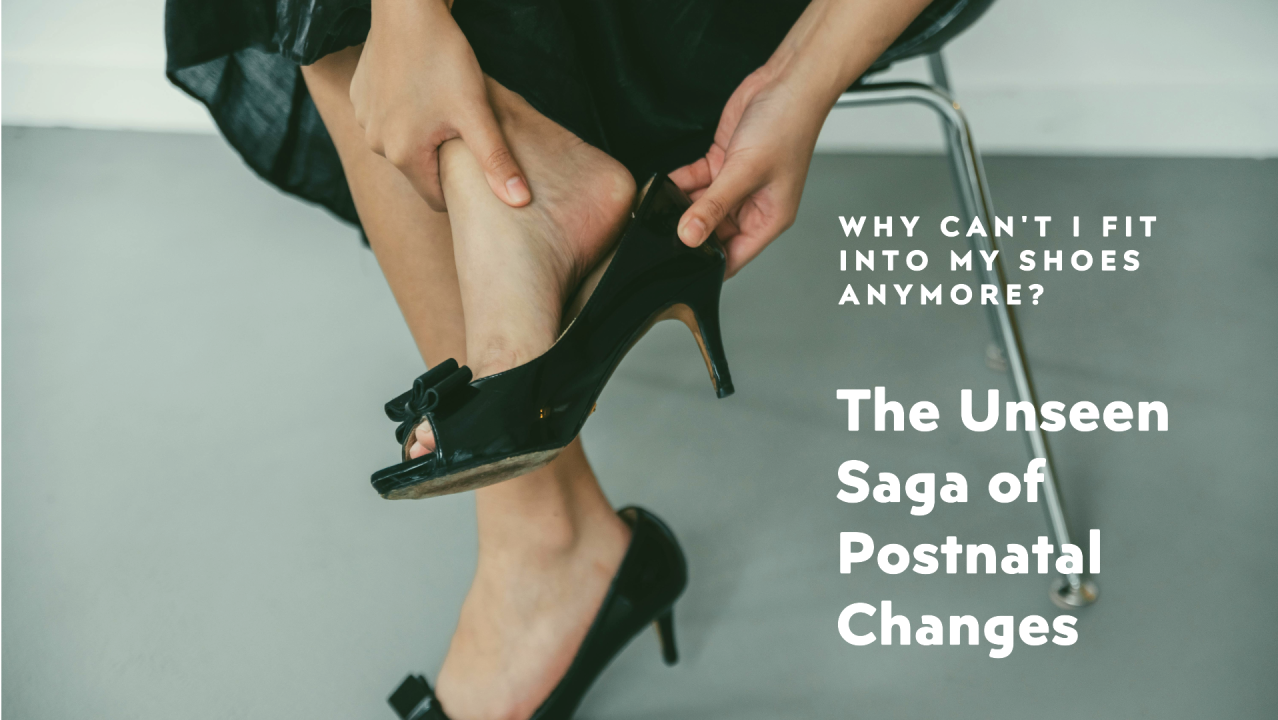Rethinking Postnatal Care: Beyond Baths and Quick Fixes
You’ve probably heard the solution to life’s problems is having a bubble bath – especially for post-natal care. If your joints ache, your feet have grown, and your pelvic floor feels like it has checked out, a bath’s warm water and bubbles is the remedy.
A post-baby wardrobe crisis isn’t just about squeezing back into your favourite jeans. Imagine stepping into your shoe closet and finding that none of your beloved shoes fit. Your feet have gone up a size permanently. Welcome to the less discussed, yet significant world of postnatal body changes.
Self-Care Misconceptions: Beyond the Bathtub
In a series of increasingly surreal meetings with healthcare providers and stakeholders, the suggestion that a good soak is the secret to postnatal recovery was floated more times than I can count.
"Feeling overwhelmed by bodily changes? Have you tried a bath?" they ask, as if diving into lavender-scented water is all it takes to magically realign a shifted pelvis or shrink feet back to pre-pregnancy size. If only our bodies were as responsive to bathwater as they seem to think – perhaps we could just dissolve our troubles like a bath bomb.
To this often comes the remark, "Women have been giving birth for millennia and managing just fine. Women have been having babies forever, but let’s not gloss over 'managing just fine' is often meant grinning and bearing through some pretty hefty struggles. We’ve evolved past the days when 'managing' meant accepting discomfort as a souvenir of motherhood. It’s time to retire the old wives' tales and start a new era where postnatal care involves more than optimistic platitudes and bubble baths.
This advice is as practical as suggesting a new mother should enjoy her 'quiet time' while the baby is crying—ironically out of touch. In endless discussions about maternal health, it's almost comedic how non-reproductive changes are trivialized. "Struggling with stretched ligaments? Maybe a splash in the tub could snap them back." The assumption that the complexities of a postnatal body could be soothed away in a bubble bath is as laughable as thinking one could train a newborn to sleep in one night. If only postnatal recovery was as simple as these watery prescriptions suggest, maternity wards would resemble spas, not hospitals.
Double Standards in Postnatal Care
Consider: a runner injures their ankle ligaments, and the immediate response is a flurry of medical attention—surgery consultations, comprehensive rehab programs, and a carefully tailored recovery plan. Contrast this with a woman who has just endured childbirth, which is an anatomical earthquake. Her prescribed recovery plan? "Stay active and maybe try some light stretches." If the extensive changes to her body were described anonymously to a doctor—without indicating they were postnatal—the recommended treatment would likely involve serious medical interventions, not just casual advice.
Postnatal recovery medical conversations take dramatic detours. Imagine if a sprained ankle was treated like postpartum recovery: "Oh, you just ran a marathon and sprained your ankle? Walk it off, maybe do some light jogging tomorrow." Absurd, right? Yet, this is akin to the cavalier "advice" often given to women who have just delivered a human being. "Just delivered a tiny human? Great job, now keep moving and don't fuss about the aches and the feeling that your body’s been through a blender." The disparity is not only laughable but painfully illuminating. It highlights a severe undervaluation of the intense physical overhaul women endure during childbirth. While athletes are meticulously cared for even with the smallest injuries, new mothers are often expected to self-manage without the blink of an eye, navigating recovery with little more than a pat on the back and a hot bath.
Rallying for Real Postnatal Support
Postnatal recovery requires more than temporary fixes. We need a healthcare system that recognizes and supports the recovery journey after childbirth. In the coming months, we’ll be launching a podcast and a survey to elevate the voices of postnatal women and address the real challenges you face.
Join us to advocate for a healthcare system that prioritizes comprehensive postnatal care. Stay tuned for our resources, participate in our survey, and help us ensure that every mother receives the care she deserves. Together, we can transform postnatal care from an afterthought to a priority.

